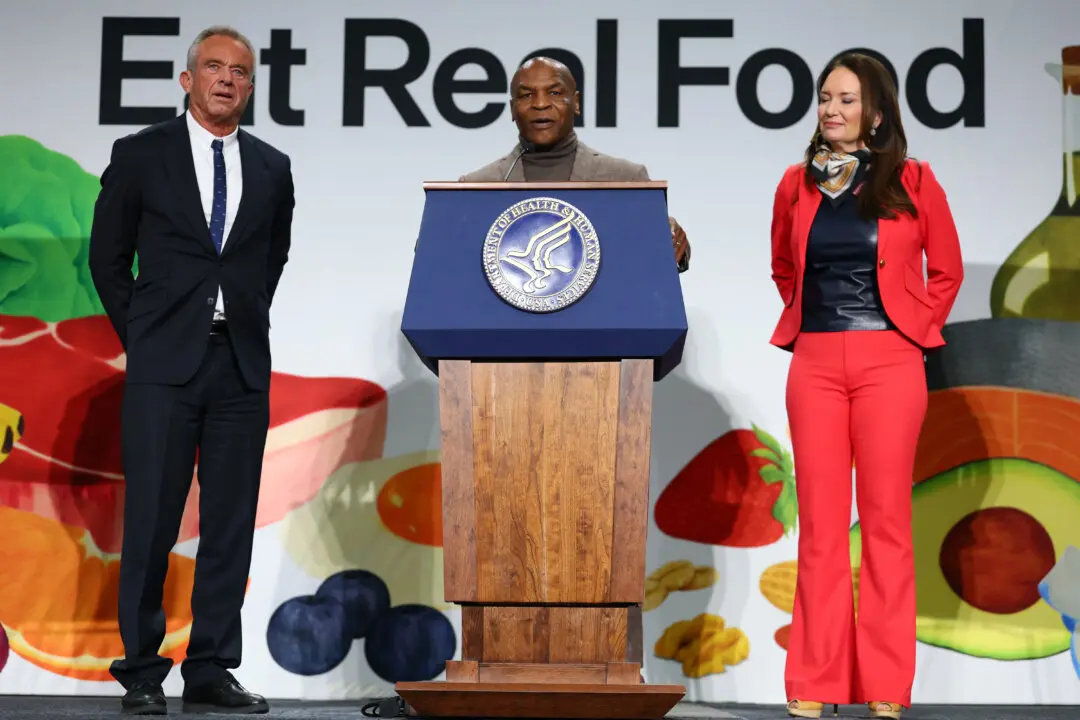Commentary
The years 2020–2022 should go down in history as an epically cataclysmic failure of the intellectuals. They were put in charge of the levers of power and utterly wrecked the social and economic order all over the world, all under the guise of virus control.





